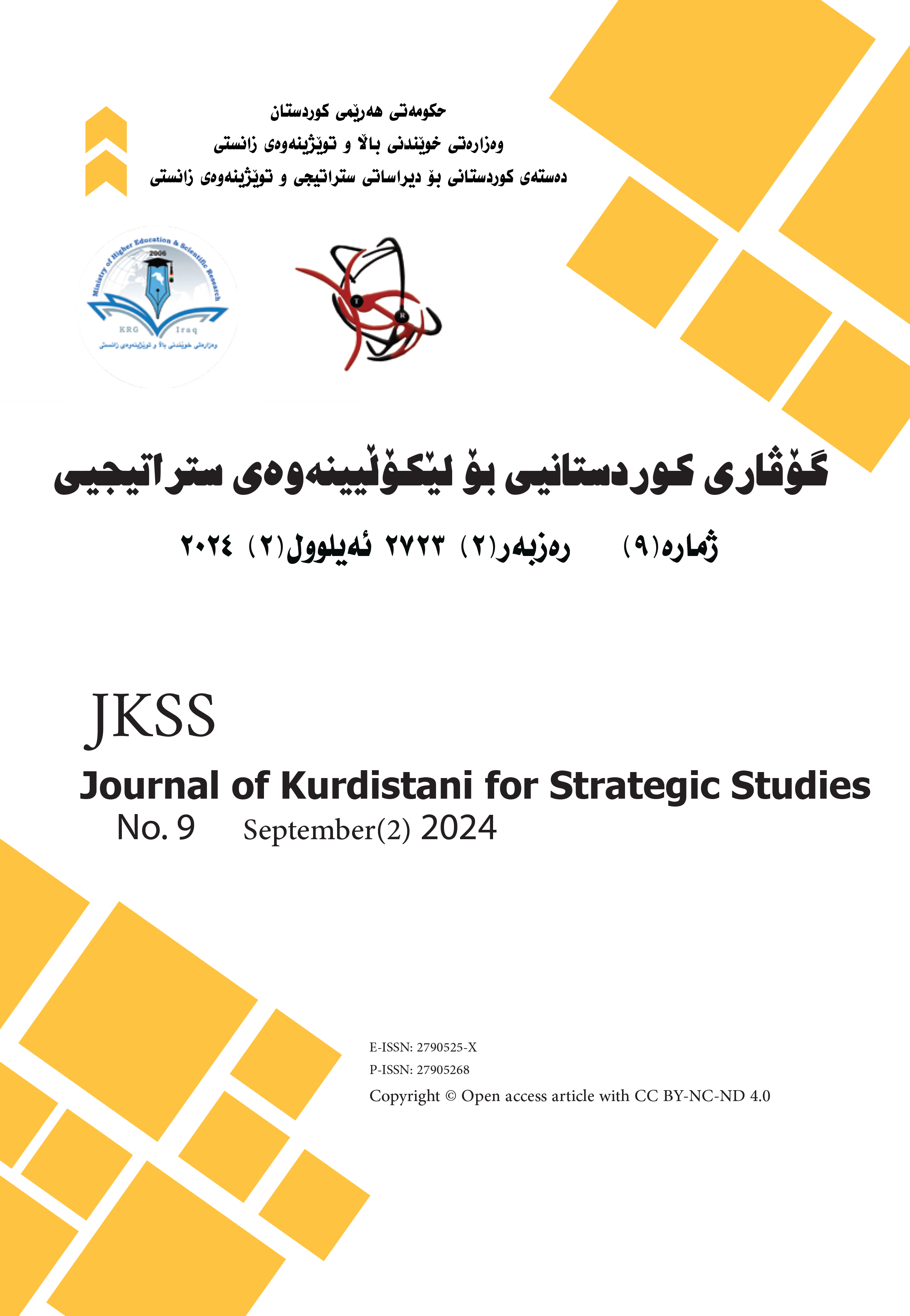A Comparative Analysis of Machine and AI Translation Quality: A Case Study in Kurdish-English Translation
Keywords:
Machine Translation (MT), AI Translation, AI Reviewing, Chat GPT, Google TranslateAbstract
This study examines the quality of machine translation (MT) versus AI-assisted translation, with a focus on Central Kurdish, a language that remains underrepresented in automated translation systems. Our hypothesis suggests that while AI models like ChatGPT may struggle with direct Kurdish-to-English translation due to linguistic complexities, they demonstrate greater effectiveness in refining and enhancing machine-translated outputs. To test this, we selected 10 titles from Rudaw, which were initially translated using Google Translate and then revised by ChatGPT. The findings indicate that while Google Translate provides more accurate initial translations, ChatGPT significantly improves the coherence, fluency, and stylistic fidelity of the final texts, particularly in specific genres. Quantitative analysis was conducted by assigning numerical scores to each translation based on predefined criteria for accuracy, fluency, stylistic fidelity, contextual appropriateness, and linguistic complexity (Worthy, 2020). Additionally, qualitative assessments were carried out to examine specific linguistic challenges and improvements observed in AI-revised translations compared to the initial machine-generated versions.







